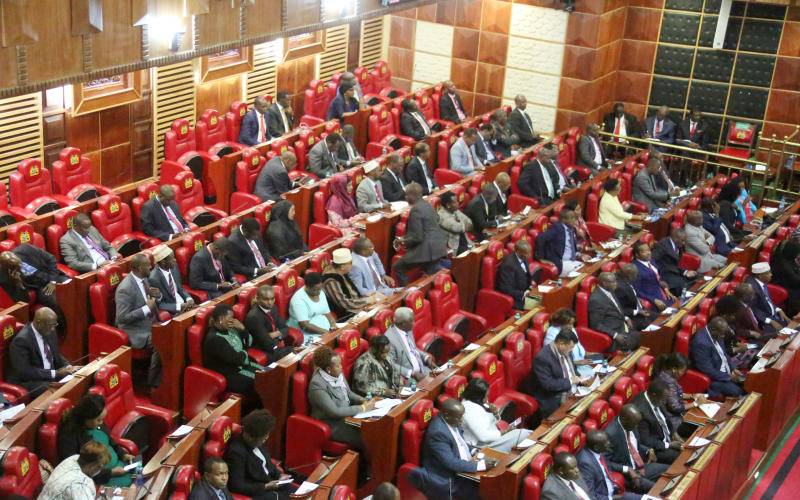×
The Standard e-Paper
Stay Informed, Even Offline

Last week, MPs convened a sitting to mourn the late Matungu MP Justus Murunga who passed away due to COVID-19 complications while on his way to the St. Mary’s hospital in Mumias.